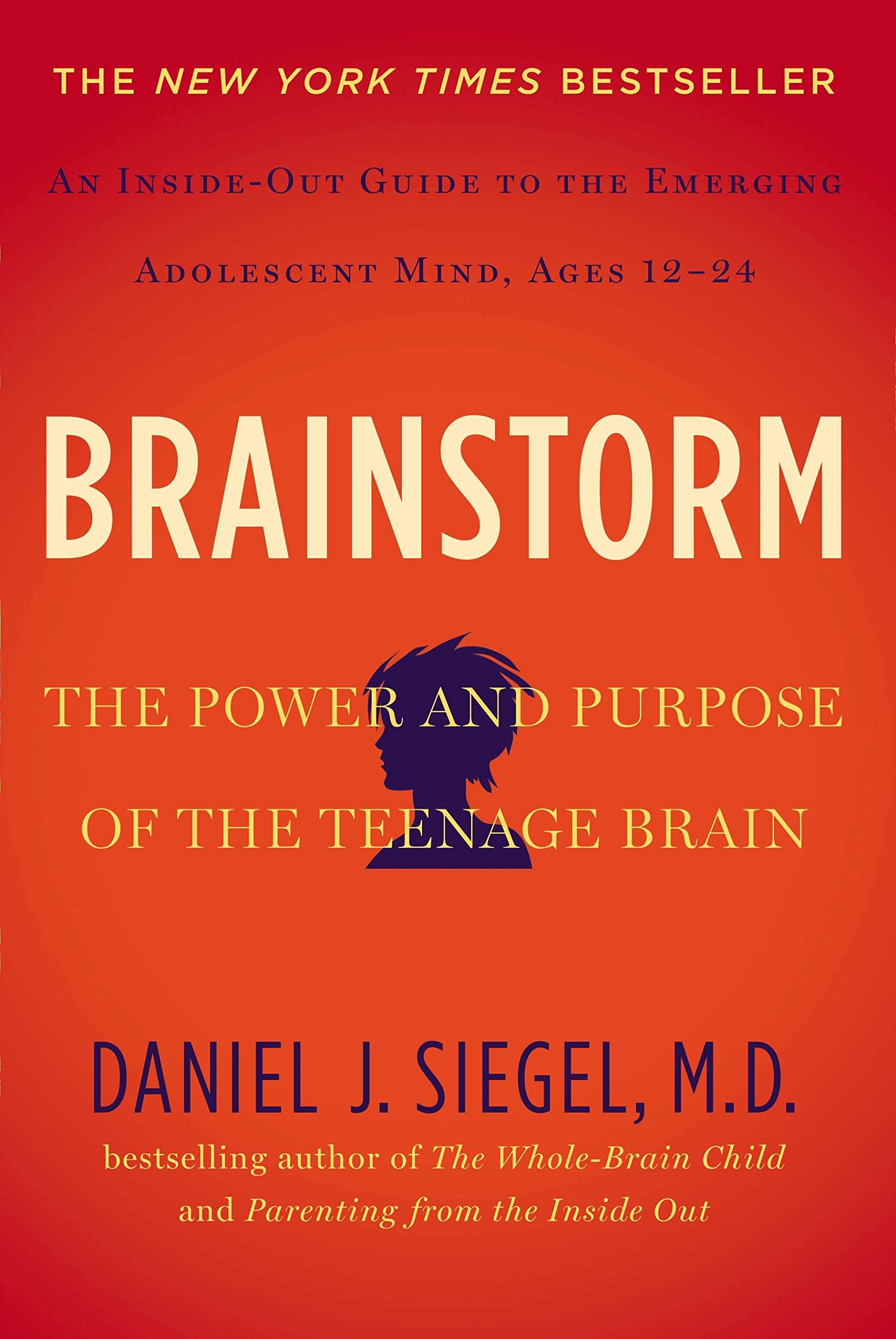How to Talk to Your Kids About the Situation in Ukraine
written by Liza Bennigson, Associate Director of Marketing and Communications
 Last night, my daughter snuck upstairs to say (another) goodnight as I was curled up on the couch, watching the news. While I did manage to quickly hide my secret chocolate stash under a throw blanket, I didn’t pause the TV in time to prevent her from the jarring sight of families desperately fleeing a bombed out apartment building in Ukraine. She looked at me, panic-stricken. “Are we in a war?” she asked. She’s nine, and I didn’t know what to say. Read more ›
Last night, my daughter snuck upstairs to say (another) goodnight as I was curled up on the couch, watching the news. While I did manage to quickly hide my secret chocolate stash under a throw blanket, I didn’t pause the TV in time to prevent her from the jarring sight of families desperately fleeing a bombed out apartment building in Ukraine. She looked at me, panic-stricken. “Are we in a war?” she asked. She’s nine, and I didn’t know what to say. Read more ›


 Our brains develop from the back to the front. The prefrontal cortex — important for impulse control, managing emotions, planning, organization and finishing tasks — is the last to develop, and is not fully mature until our mid-twenties. How does this impact teen behavior and decision making and how can parents make sure we still matter?
Our brains develop from the back to the front. The prefrontal cortex — important for impulse control, managing emotions, planning, organization and finishing tasks — is the last to develop, and is not fully mature until our mid-twenties. How does this impact teen behavior and decision making and how can parents make sure we still matter? 
 Discussing gender can help kids feel more confident in themselves and supported by their parents and caregivers, says
Discussing gender can help kids feel more confident in themselves and supported by their parents and caregivers, says 
 When is the right time to talk to children about gender identity and gender expression? Children internalize messages about gender from a very young age, so it’s never too early to start.
When is the right time to talk to children about gender identity and gender expression? Children internalize messages about gender from a very young age, so it’s never too early to start.
 Teenagers often make risky choices that appear absurd in the eyes of their parents. But neuroscientist Adriana Galván says these decisions are critical for adolescent brain development.
Teenagers often make risky choices that appear absurd in the eyes of their parents. But neuroscientist Adriana Galván says these decisions are critical for adolescent brain development.
 Between the ages of 12 and 24, the brain changes in important, and oftentimes maddening, ways. It’s no wonder that many parents approach their child’s adolescence with fear and trepidation.
Between the ages of 12 and 24, the brain changes in important, and oftentimes maddening, ways. It’s no wonder that many parents approach their child’s adolescence with fear and trepidation. 
 Perhaps you’ve heard that adolescent behavior is governed by “raging hormones,” or that adolescents are impulsive because they are “immature.” Neither of those are accurate. What is actually on is the remodeling in the brain. In this engaging 4-minute video, clinical professor of psychiatry at the UCLA School of Medicine Dan Siegel, M.D., dispels myths about the adolescent brain.
Perhaps you’ve heard that adolescent behavior is governed by “raging hormones,” or that adolescents are impulsive because they are “immature.” Neither of those are accurate. What is actually on is the remodeling in the brain. In this engaging 4-minute video, clinical professor of psychiatry at the UCLA School of Medicine Dan Siegel, M.D., dispels myths about the adolescent brain. 
 Teens. OMG. What on earth is going on inside their brains to make them act so, well, like crazy teenagers?
Teens. OMG. What on earth is going on inside their brains to make them act so, well, like crazy teenagers?
 Many parents do not understand why their teenagers occasionally behave in an impulsive, irrational, or dangerous way. At times, it seems like teens don’t think things through or fully consider the consequences of their actions. Adolescents differ from adults in the way they behave, solve problems, and make decisions.
Many parents do not understand why their teenagers occasionally behave in an impulsive, irrational, or dangerous way. At times, it seems like teens don’t think things through or fully consider the consequences of their actions. Adolescents differ from adults in the way they behave, solve problems, and make decisions. 
 Data shows that calls to the helpline for the
Data shows that calls to the helpline for the 

